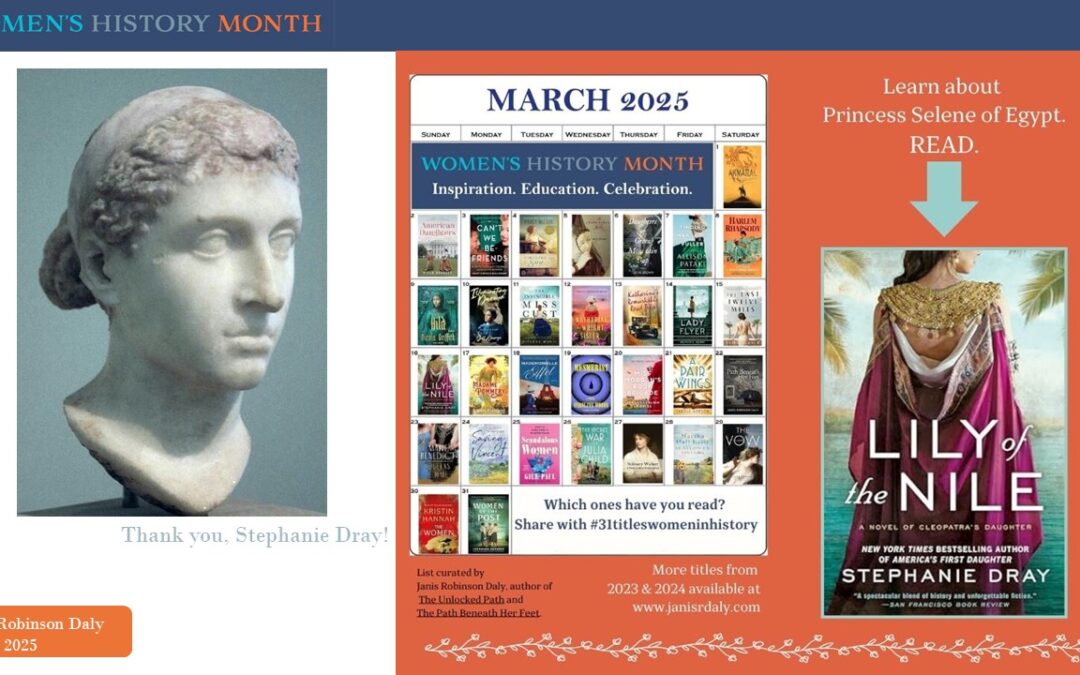
by Stephanie Dray | Feb 27, 2025 | Book Clubs, Cleopatra Selene, Historical Fiction Genre, Lily of the Nile, News, Other Writers
Hey everybody, it’s time to celebrate women’s history. Learn more here! And if you want to turn this into a fun bingo game for your book club, see instructions and examples here!
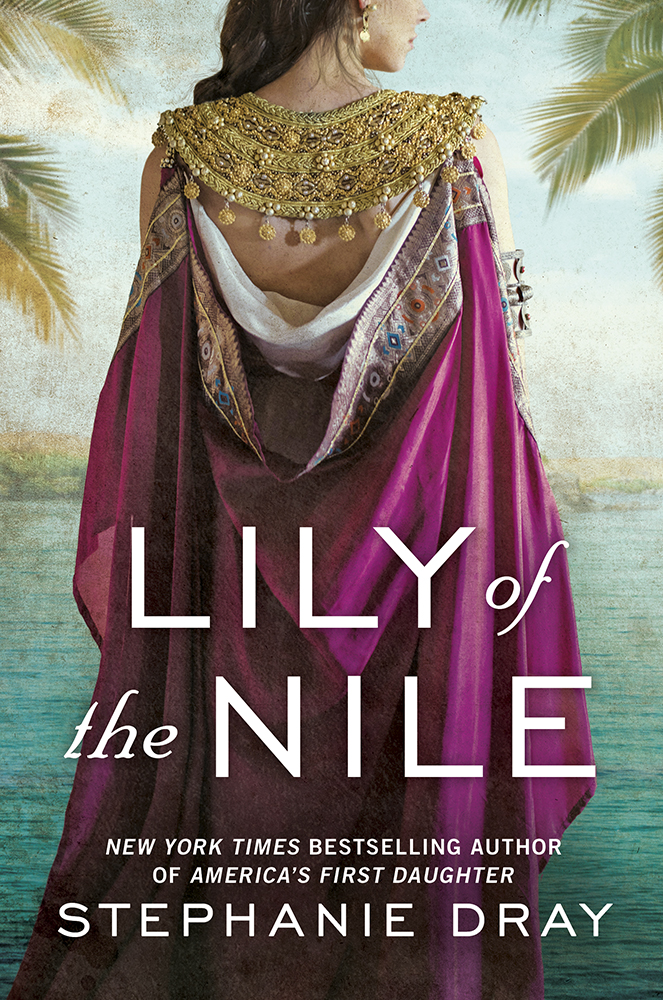
by Stephanie Dray | Mar 13, 2014 | Cleopatra Selene, Daughters of the Nile, For Readers, Lily of the Nile, My Works, Song of the Nile
Cleopatra Selene is primarily remembered for being the daughter of Cleopatra VII of Egypt and the Roman Triumvir, Marcus Antonius. But as the Queen of Mauretania, Cleopatra Selene should be remembered for more than this if only because she was the last Ptolemaic...
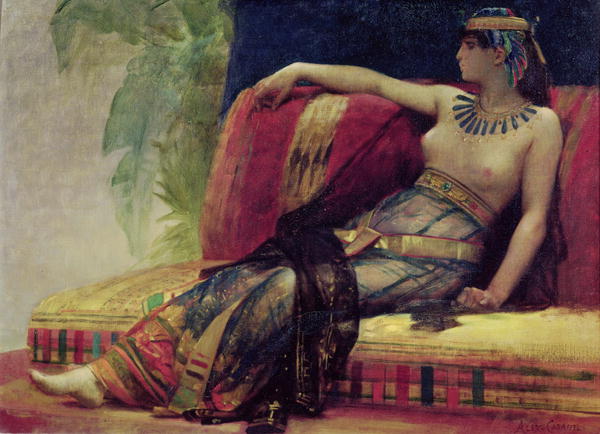
by Stephanie Dray | Mar 3, 2014 | Cleopatra Selene, Daughters of the Nile, FAQ, FAQ for SONG OF THE NILE, Lily of the Nile, My Works, Song of the Nile
One of the criticisms sometimes leveled at my Nile series is that because the Ptolemaic Dynasty considered itself Macedonian, the emphasis I place on Egyptian culture–and Cleopatra Selene’s awareness of it–is somehow historically inaccurate or...

by Stephanie Dray | Jul 27, 2013 | A Day of Fire, A Year of Ravens, Arsinoe II, Book Clubs, Cleopatra Selene, Daughters of the Nile, FAQ, FAQ for SONG OF THE NILE, For Readers, Heroines, Lily of the Nile, Song of the Nile, THE PRINCESS OF EGYPT MUST DIE
Hippos are vegetarians, so how can they be dangerous? It’s true that hippos don’t want to eat you. But they do want to kill you. Hippos are one of the deadliest creatures on planet earth. That’s a fact. So, I know you may have seen cute videos of...
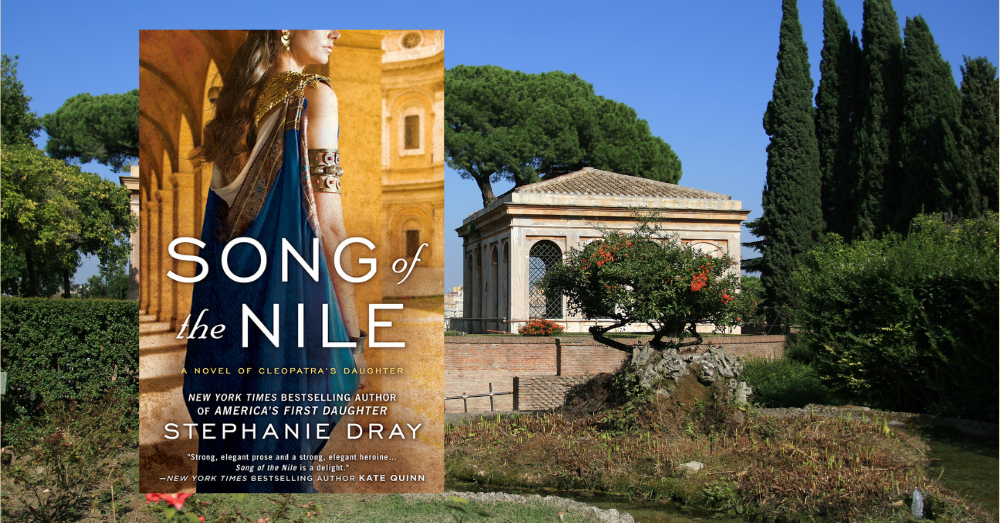
by Stephanie Dray | Jul 27, 2013 | Book Clubs, Cleopatra Selene, For Readers, Historical Fiction Genre, Song of the Nile
On the Story Is Helios alive or is he a manifestation of the part of Selene’s soul that helps her survive the worst moments of her life? After Selene was violated, Livia to offer her a cup of poison to wash away the dishonor. Did Selene have anything to be ashamed...
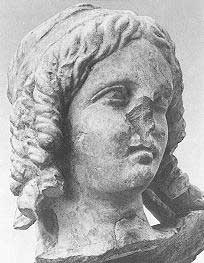
by Stephanie Dray | Jan 19, 2012 | Cleopatra Selene, FAQ for SONG OF THE NILE
I’ve spent the past few years writing about Cleopatra’s daughter–a fascinating young woman that most people don’t even know existed. Today I want to talk about the next generation, the children that the infamous Queen of the Nile may have bounced on her...







